Home>Interior Design>Is It Normal For A Teenager To Have A Messy Room?
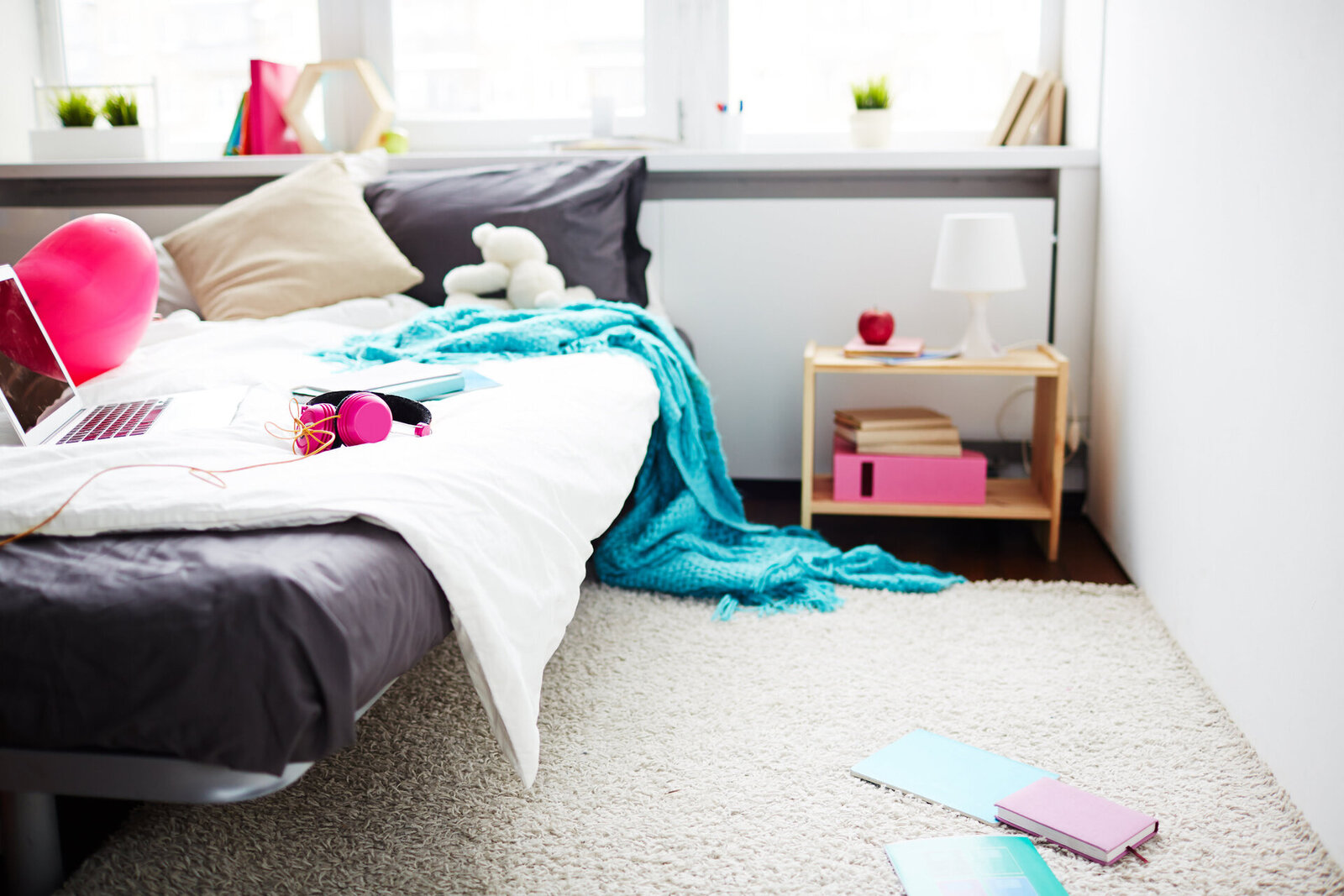

Interior Design
Is It Normal For A Teenager To Have A Messy Room?
Modified: October 20, 2024
Discover if it's common for teenagers to have untidy rooms. Get expert insights on interior design solutions for messy spaces.
(Many of the links in this article redirect to a specific reviewed product. Your purchase of these products through affiliate links helps to generate commission for Storables.com, at no extra cost. Learn more)
Introduction
As a parent or guardian, you may often find yourself frustrated and bewildered by the state of your teenager’s bedroom. Clothes strewn across the floor, books stacked haphazardly, and an overall disarray of belongings can leave you wondering if it is normal for a teenager to have a messy room. Rest assured, you are not alone in this experience.
Teenagers are at a unique stage of their lives where they are undergoing significant physical, emotional, and cognitive changes. These transformations can impact many aspects of their lives, including how they manage and organize their personal spaces. Understanding the reasons behind this messy room phenomenon can help parents approach the situation with empathy and find practical strategies to support their teenager’s personal development.
It is important to recognize that the state of a teenager’s room is not a reflection of their character or their respect for their surroundings. Rather, it is often a byproduct of their psychosocial development and the need for personal space and privacy. By recognizing these underlying factors, parents can create a more understanding and supportive environment for their teenager.
In this article, we will explore the reasons behind the messy room phenomenon among teenagers, examine the factors contributing to a messy room, and provide practical strategies for parents to support their teenagers in developing organizational skills, responsibility, and accountability.
Key Takeaways:
- Teenagers’ messy rooms are often a reflection of their unique developmental challenges, including time constraints, organizational skills, and self-expression. Understanding and supporting their journey is crucial for fostering a harmonious living environment.
- By teaching organizational skills, encouraging responsibility, and setting boundaries, parents can empower teenagers to develop lifelong habits of cleanliness and organization. This supportive approach fosters personal growth and strengthens the parent-teenager relationship.
Read more: How Tall Is A Normal Dining Room Table
Understanding Teenagers and their Spaces
Teenagers are at a crucial stage of their development, where they are navigating the transition from childhood to adulthood. This period is characterized by significant physical, emotional, and cognitive changes, which can greatly influence their behavior, including how they manage their personal spaces.
Psychosocial development plays a key role in shaping a teenager’s relationship with their environment. During adolescence, teenagers are exploring their identity, seeking autonomy, and asserting their independence. As they strive to establish their own sense of self, their personal space becomes a refuge where they can express their individuality and exercise control.
Teenagers often view their bedrooms as a sanctuary, a place where they can relax, unwind, and retreat from the pressures of the outside world. It becomes a space where they can explore their interests, hobbies, and personal style. This desire for autonomy and self-expression can lead to a certain level of mess and disarray in their rooms.
Furthermore, teenagers are often juggling multiple responsibilities, such as school work, extracurricular activities, part-time jobs, and social commitments. With such a busy schedule, tidying up their room may not be a top priority. They may prioritize other tasks and leave the cleanliness of their room as a lower concern.
It is also important to understand that teenagers are still developing their organizational skills. Their brains are still maturing, especially in the areas responsible for executive functions such as organization, time management, and decision-making. As a result, they may struggle to maintain a tidy room and establish effective systems for storage and organization.
It is crucial for parents to recognize that a messy room does not necessarily indicate laziness or disregard for cleanliness. Rather, it is often a reflection of the complex nature of adolescence and the unique challenges teenagers face in managing their personal spaces.
In the next sections, we will delve into the factors that contribute to a messy room among teenagers and provide practical strategies for parents to navigate and support their teenager’s organizational skills and personal development.
Psychosocial Development in Adolescence
Adolescence is a crucial period of development where teenagers undergo significant changes in their emotional, social, and cognitive functioning. Erik Erikson, a renowned developmental psychologist, proposed a theory of psychosocial development that outlines the stages and challenges individuals face as they navigate through life.
During adolescence, the primary stage of psychosocial development is known as identity versus role confusion. Teenagers are striving to develop a cohesive sense of self and establish their unique identity within the context of society. This process involves exploring different roles and values, experimenting with various behaviors, and seeking self-approval and acceptance from peers and significant others.
Within this stage, teenagers are faced with various psychosocial tasks and challenges. They are grappling with questions about their identity, such as “Who am I?” and “What do I want to become?” This self-exploration involves examining their personal values, interests, beliefs, and goals.
As teenagers search for their identity, they also seek to establish a sense of autonomy and independence. This includes asserting control over their personal spaces, such as their bedrooms. For many teenagers, a messy room can be seen as a way to exert their independence and establish their own rules and boundaries.
Furthermore, adolescence is a period of heightened self-consciousness and concern for peer acceptance. Teenagers may feel pressure to conform to societal norms or the expectations of their peers. This can influence their behavior regarding the organization and cleanliness of their personal space.
It is important for parents to recognize and support the psychosocial development of their teenagers. By understanding the challenges they face and the importance of their personal space in their identity formation, parents can approach the issue of a messy room with empathy and guidance.
In the upcoming sections, we will explore how personal space and privacy play significant roles in a teenager’s life, as well as the factors contributing to the messy room phenomenon. By understanding these factors, parents can develop effective strategies for supporting their teenager’s growth and creating a harmonious living environment.
Personal Space and Privacy
Personal space and privacy are essential aspects of a teenager’s life. During adolescence, teenagers experience a heightened need for independence and autonomy, which extends to their personal spaces, including their bedrooms. Understanding and respecting their need for personal space is crucial for maintaining a healthy parent-teenager relationship.
A teenager’s bedroom serves as their sanctuary, a place where they can retreat and have control over their surroundings. It is an extension of their identity and a reflection of their personal interests and preferences. By allowing them to have ownership over their space, parents can foster a sense of autonomy and self-expression.
Privacy is also a significant component of personal space. Teenagers need a safe and private space where they can process their thoughts, emotions, and experiences without fear of judgment or intrusion. Respecting their privacy shows them that their feelings and thoughts are valued and that they have a designated space where they can relax and recharge.
However, it is important to strike a balance between giving teenagers the autonomy they desire and ensuring their personal space does not become excessively messy or unlivable. It is reasonable to establish boundaries and expectations regarding cleanliness and tidiness while still respecting their need for self-expression and privacy.
Encouraging open communication and setting clear guidelines can help maintain a harmonious balance. Parents can have open discussions with their teenagers about the importance of a clean and organized environment while also acknowledging their need for personal space and privacy.
It is crucial to remember that personal space and privacy contribute to a teenager’s overall well-being and emotional development. By respecting these boundaries, parents can foster a sense of mutual trust and respect with their teenagers, ultimately strengthening the parent-teenager relationship.
In the next section, we will explore the phenomenon of messy rooms and the factors that contribute to a teenager’s struggle with maintaining an organized space. Understanding these factors will help parents approach the issue with empathy and develop practical strategies for supporting their teenager’s organizational skills and personal growth.
The Messy Room Phenomenon
The messy room phenomenon is a common occurrence among teenagers and can be a source of frustration for parents and guardians. The state of a teenager’s room, cluttered and disorganized, can leave many wondering why this phenomenon exists.
One important factor to consider is that teenagers are still developing their organizational skills and may not yet have the same level of efficiency and attention to detail as adults. Their brains are still maturing, especially in the areas responsible for executive functions such as planning, prioritizing, and organization.
Additionally, teenagers often have jam-packed schedules filled with school, extracurricular activities, social engagements, and part-time jobs. With limited time and energy, tidying up their rooms may not be a top priority. They may prioritize other tasks or simply feel overwhelmed by the amount of work needed to maintain a tidy space.
Teenagers also tend to have a more relaxed attitude towards cleanliness. They may not be bothered by a bit of clutter and may not see it as a problem to solve immediately. This lack of concern for immediate tidiness can contribute to the messy room phenomenon.
Furthermore, the teenage years are a time of self-discovery and exploration. Teenagers are often trying out different hobbies, interests, and styles, which can result in a variety of belongings and possessions scattered throughout their room. This experimentation and desire for self-expression can contribute to a sense of disorder.
The messy room phenomenon can also be influenced by the emotional state of the teenager. Stress, anxiety, and emotional turmoil can manifest in a messy room. It may become a reflection of their inner state, providing them with a sense of comfort or a means to cope with the challenges they are facing.
It is important for parents and guardians to approach the issue of a messy room with understanding and empathy. Rather than viewing it as a personal attack or an act of defiance, recognize that it is often a result of the unique challenges and developmental processes that teenagers are going through.
In the following sections, we will explore various factors that contribute to the messy room phenomenon and provide practical strategies for parents to support their teenagers in developing organizational skills, responsibility, and accountability.
Factors Contributing to Messy Rooms
There are several factors that contribute to the existence of messy rooms among teenagers. Understanding these factors can help parents gain insight into their teenager’s behavior and develop effective strategies to address the issue.
1. Time constraints: Teenagers often have busy schedules filled with schoolwork, extracurricular activities, part-time jobs, and social commitments. This leaves them with limited time and energy to tidy up their rooms on a regular basis. It may be helpful for parents to discuss time management strategies with their teenagers and help them prioritize their tasks.
2. Organizational skills: Teenagers are still developing their organizational skills, which can make it challenging for them to keep their rooms tidy. They may struggle with creating effective systems for storage, organizing their belongings, and maintaining cleanliness. Parents can provide guidance and support in teaching organizational skills and developing strategies for maintaining a tidy space.
3. Emotional state: Messy rooms can be a reflection of a teenager’s emotional state. Stress, anxiety, and emotional turmoil can manifest in a lack of motivation or energy to tidy up. It is important for parents to create a safe and supportive environment for their teenagers to express their emotions and provide outlets for stress relief.
4. Lack of motivation: Teenagers may lack the motivation to clean their rooms if they do not see the immediate benefits or consequences of their actions. It can be helpful for parents to discuss the importance of maintaining a clean and organized space and help their teenagers connect the dots between their environment and their overall well-being.
5. Messy room as a form of self-expression: Teenagers often use their rooms as a means of self-expression. Experimentation with different interests, hobbies, and styles can result in a variety of belongings and clutter. This self-expression should be respected, but parents can work with their teenagers to find a balance between self-expression and maintaining a clean and organized space.
6. Lack of consequences or accountability: If teenagers do not face any consequences for having a messy room, they may not feel compelled to clean up. It is important for parents to establish clear expectations and hold their teenagers accountable for maintaining a clean and organized space. This can be done through gentle reminders, discussions, and logical consequences.
By considering these factors and opening up a dialogue with their teenagers, parents can gain a better understanding of why their teenager’s room may be messy and develop effective strategies to address the issue. The next sections will explore various approaches for parents to support their teenagers in developing organizational skills, responsibility, and accountability.
It is normal for teenagers to have messy rooms as they are going through a period of transition and may prioritize other activities over tidying up. Encouraging them to develop good organizational habits and setting clear expectations can help.
Parental Perspectives and Reactions
When faced with a messy room, parents often have various perspectives and reactions. It is important for parents to reflect on their own beliefs and values regarding cleanliness and organization, as well as the underlying reasons behind their reactions.
Some parents may have a more lenient approach and view a messy room as a form of self-expression and a way for teenagers to assert their independence. They may prioritize the emotional well-being and self-esteem of their teenager over the tidiness of their room. These parents may focus more on open communication and support rather than strict rules and expectations.
On the other hand, some parents may have a more strict and disciplined approach. They may view a messy room as a reflection of laziness or lack of responsibility. These parents may prioritize cleanliness and orderliness, and may see a tidy room as essential for creating a productive and healthy environment.
It is important for parents to find a balance between these perspectives. A messy room is not necessarily a sign of laziness nor is it a reflection of a teenager’s character. Rather, it can be a result of various factors such as time constraints, organizational skills, and emotional state.
When reacting to a messy room, it is essential for parents to approach the situation with empathy and understanding. Engaging in open and non-judgmental communication can help parents gain insight into their teenager’s perspective and address any underlying issues.
Instead of harsh criticism or punishment, parents can choose to focus on teaching and guiding their teenager. Offering support and assistance in developing organizational skills, time management, and stress management can go a long way in helping teenagers overcome the challenges that contribute to a messy room.
It is also important for parents to lead by example. By maintaining order and cleanliness in common areas of the house, parents can set a positive example for their teenagers to follow. Encouraging them to take pride in their space and find joy in a clean and organized environment can help motivate them to take responsibility for their own rooms.
Ultimately, parental reactions can greatly influence a teenager’s perception and behavior. Approaching the issue of a messy room with patience, understanding, and support can foster a healthy parent-teenager relationship and create an environment conducive to growth and development.
In the following sections, we will explore practical strategies for parents to support their teenagers in developing organizational skills, responsibility, and accountability in maintaining a clean and organized space.
Supporting Organizational Skills
Developing organizational skills is a crucial aspect of a teenager’s personal growth and can greatly contribute to maintaining a clean and organized space. As parents, there are several strategies you can employ to support your teenager in developing these skills.
1. Teach basic organization techniques: Begin by teaching your teenager basic organizational techniques, such as decluttering, categorizing items, and creating designated storage spaces. Show them how to effectively use storage bins, shelves, and organizers to keep their belongings in order.
2. Create a system: Help your teenager create a system for organizing their belongings. This could include labeling storage containers, designating specific areas for different types of items, and establishing daily or weekly routines for tidying up their space.
3. Break tasks into smaller steps: Organizing a messy room can be overwhelming for a teenager. Encourage them to break down the task into smaller steps, focusing on one area or category at a time. This will make the process more manageable and less daunting.
4. Provide resources: Offer resources such as books, articles, or online tutorials on organization and decluttering. These resources can provide valuable tips and ideas for your teenager to implement in their own space.
5. Set achievable goals: Help your teenager set achievable goals for organizing their room. Start with small goals and celebrate their progress along the way. This will boost their confidence and motivation to continue improving their organizational skills.
6. Lead by example: Model good organizational habits by keeping common areas of the house clean and organized. Your teenager is more likely to adopt these habits if they see you practicing them consistently.
7. Provide tools and supplies: Ensure your teenager has the necessary tools and supplies, such as storage containers, hangers, and cleaning supplies, to keep their room organized. Having the right tools readily available will make the process easier for them.
8. Offer guidance and support: Be available to answer your teenager’s questions, offer assistance, and provide guidance throughout the process of organizing their room. Encourage open communication and avoid criticizing or micromanaging their organizational efforts.
Remember, developing organizational skills is a gradual process, and it may take time for your teenager to become proficient in maintaining a clean and organized space. Be patient and offer ongoing support as they work towards improving their organizational habits.
In the next section, we will discuss practical strategies for encouraging responsibility and accountability in your teenager’s room maintenance.
Encouraging Responsibility and Accountability
Encouraging responsibility and accountability is an important aspect of helping your teenager maintain a clean and organized room. By instilling these values, you can empower your teenager to take ownership of their space and develop lifelong habits of cleanliness and organization.
1. Establish clear expectations: Set clear expectations for the cleanliness and organization of your teenager’s room. Clearly communicate your standards and discuss the importance of maintaining a tidy space. This will provide a framework for your teenager to understand what is expected of them.
2. Create a routine: Help your teenager establish a cleaning and organizing routine that fits their schedule and preferences. Set aside specific times each week for tidying up their room and encourage them to follow the routine consistently. This will help develop a sense of responsibility towards their space.
3. Use positive reinforcement: Acknowledge and praise your teenager for their efforts in maintaining a clean and organized room. Positive reinforcement can be a powerful motivator and can encourage your teenager to continue practicing responsible habits.
4. Set consequences: Establish logical consequences for failing to meet the agreed-upon cleanliness and organization expectations. These consequences should be fair and proportionate to the infraction. Make sure to communicate these consequences in advance so that your teenager understands the potential outcomes of not taking responsibility for their room.
5. Collaborate on solutions: Involve your teenager in finding solutions and problem-solving when it comes to maintaining their room. Encourage their input and listen to their ideas. By involving them in the decision-making process, they will feel a sense of ownership and accountability for the outcomes.
6. Encourage self-reflection: Prompt your teenager to reflect on the impact of a clean and organized room on their overall well-being. Discuss the benefits of an organized space, such as reduced stress, increased productivity, and a sense of pride in their surroundings. Help them understand the connection between their environment and their overall quality of life.
7. Be a supportive guide: Offer guidance and assistance when needed, but also allow your teenager the opportunity to take responsibility for their own space. Offer suggestions and help them problem-solve, but avoid taking over the cleaning and organizing tasks for them. This allows them to develop the necessary skills and autonomy to maintain a tidy room on their own.
8. Lead by example: Model responsible behavior by keeping your own personal spaces organized and tidy. Your teenager is more likely to adopt responsible habits if they see you practicing them consistently.
By implementing these strategies, you can foster a sense of responsibility and accountability in your teenager when it comes to maintaining a clean and organized room. This will not only benefit their immediate living environment but also prepare them for a more organized and responsible approach to life in the long run.
In the next section, we will discuss the importance of setting boundaries and establishing rules to help maintain a clean and organized space.
Setting Boundaries and Establishing Rules
Setting boundaries and establishing rules are essential for maintaining a clean and organized space in your teenager’s room. Clear guidelines can help your teenager understand their responsibilities and create a harmonious living environment. Here are some strategies for setting boundaries and establishing rules:
1. Collaborative approach: Involve your teenager in the process of setting boundaries and establishing rules. Have an open discussion about the importance of a clean and organized room and seek their input on what they think is reasonable. When teenagers feel involved in the decision-making process, they are more likely to take ownership of the rules.
2. Define specific expectations: Clearly communicate your expectations regarding cleanliness, organization, and tidiness. This could include guidelines on how often the room should be cleaned, how belongings should be stored, and parameters for clutter control. Be specific and avoid vague instructions to ensure clarity.
3. Consistency is key: Consistently enforce the established boundaries and rules. If you allow exceptions or turn a blind eye to the rules, it sends mixed messages and undermines the importance of maintaining a clean and organized room. By consistently enforcing the boundaries, you teach your teenager the importance of accountability and responsibility.
4. Reasonable consequences: Establish logical consequences for not abiding by the established rules. These consequences should be fair and proportional. For example, if your teenager neglects to clean their room, a consequence could be the temporary loss of a privilege until the room is clean. Make sure the consequences are discussed and agreed upon in advance.
5. Flexibility within boundaries: While it is important to set boundaries, it is also important to allow some flexibility. Teenagers may have different organizational styles or ways of maintaining cleanliness. As long as the overall expectations are met, allow some room for personal preferences and individuality.
6. Regular check-ins: Schedule regular check-ins with your teenager to assess their progress and address any concerns. This could be a weekly or monthly review of their room to ensure they are meeting the established rules. Use these check-ins as an opportunity to provide constructive feedback and offer support.
7. Lead by example: Be a role model by maintaining a clean and organized living space yourself. By setting an example, you demonstrate the behavior you expect from your teenager. Seeing how you live within the established boundaries can motivate them to do the same.
8. Reinforce positive behavior: Acknowledge and praise your teenager when they meet or surpass the established expectations. Positive reinforcement serves as a powerful motivator and encourages them to continue practicing responsible habits.
By setting boundaries and establishing rules, you create a structure that supports your teenager in maintaining a clean and organized room. This not only benefits their personal space but also instills valuable life skills of discipline, responsibility, and accountability.
In the final section, we will summarize the key takeaways and importance of supporting your teenager in developing organizational skills while understanding their need for personal space and privacy.
Conclusion
Understanding the phenomenon of messy rooms among teenagers and adopting a supportive approach can greatly contribute to a harmonious living environment and promote the personal development of your teenager. Throughout this article, we have explored various factors that contribute to messy rooms, including psychosocial development, personal space, and privacy needs.
It is important to recognize that a messy room is often a reflection of the unique challenges and developmental processes that teenagers go through. Time constraints, organizational skills, self-expression, and emotional states all play significant roles in the state of their rooms.
As parents, it is crucial to approach the issue with empathy and understanding. By recognizing the underlying factors and providing support, guidance, and boundaries, we can help our teenagers develop organizational skills, responsibility, and accountability.
Supporting organizational skills involves teaching basic techniques, creating systems, and providing resources to help teenagers become proficient in maintaining a tidy space. Encouraging responsibility and accountability entails establishing clear expectations, routines, and consequences, as well as leading by example and fostering open communication.
Setting boundaries and establishing rules is essential for maintaining a clean and organized room. By involving your teenager in the process, defining specific expectations, and enforcing consistency, you help them develop valuable life skills and create a harmonious living environment.
Remember, the road to a clean and organized room may have some bumps along the way. It takes time, patience, and ongoing support. Recognize and celebrate the progress your teenager makes and offer guidance when needed. By doing so, you can help them develop the skills and habits necessary for a clean and organized living space.
Ultimately, understanding the factors that contribute to messy rooms and taking a supportive and understanding approach can deepen the parent-teenager relationship and provide a foundation for personal growth and development. By creating an environment that balances personal space, privacy, and organizational responsibility, we empower our teenagers to thrive and succeed in their journey towards adulthood.
Frequently Asked Questions about Is It Normal For A Teenager To Have A Messy Room?
Was this page helpful?
At Storables.com, we guarantee accurate and reliable information. Our content, validated by Expert Board Contributors, is crafted following stringent Editorial Policies. We're committed to providing you with well-researched, expert-backed insights for all your informational needs.
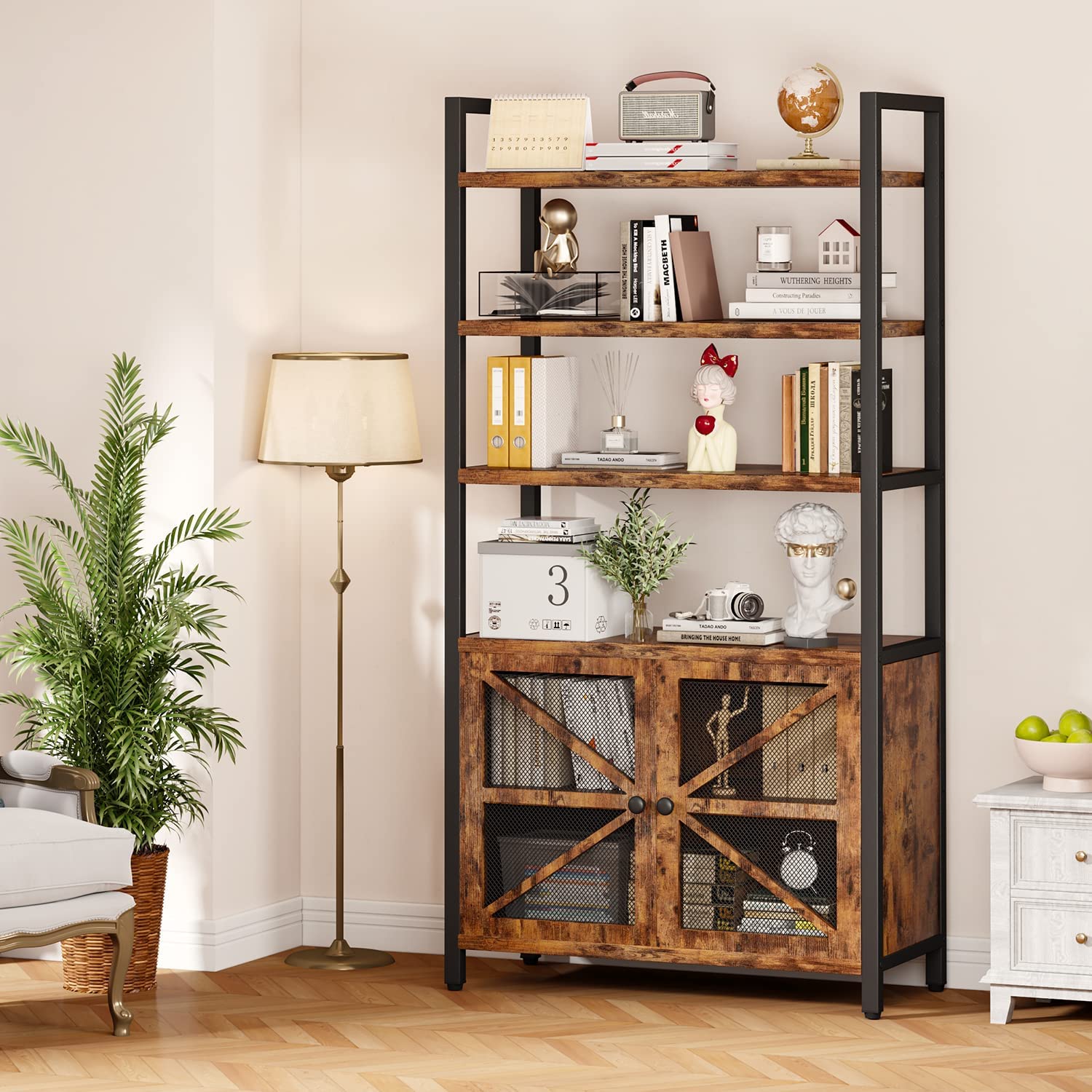
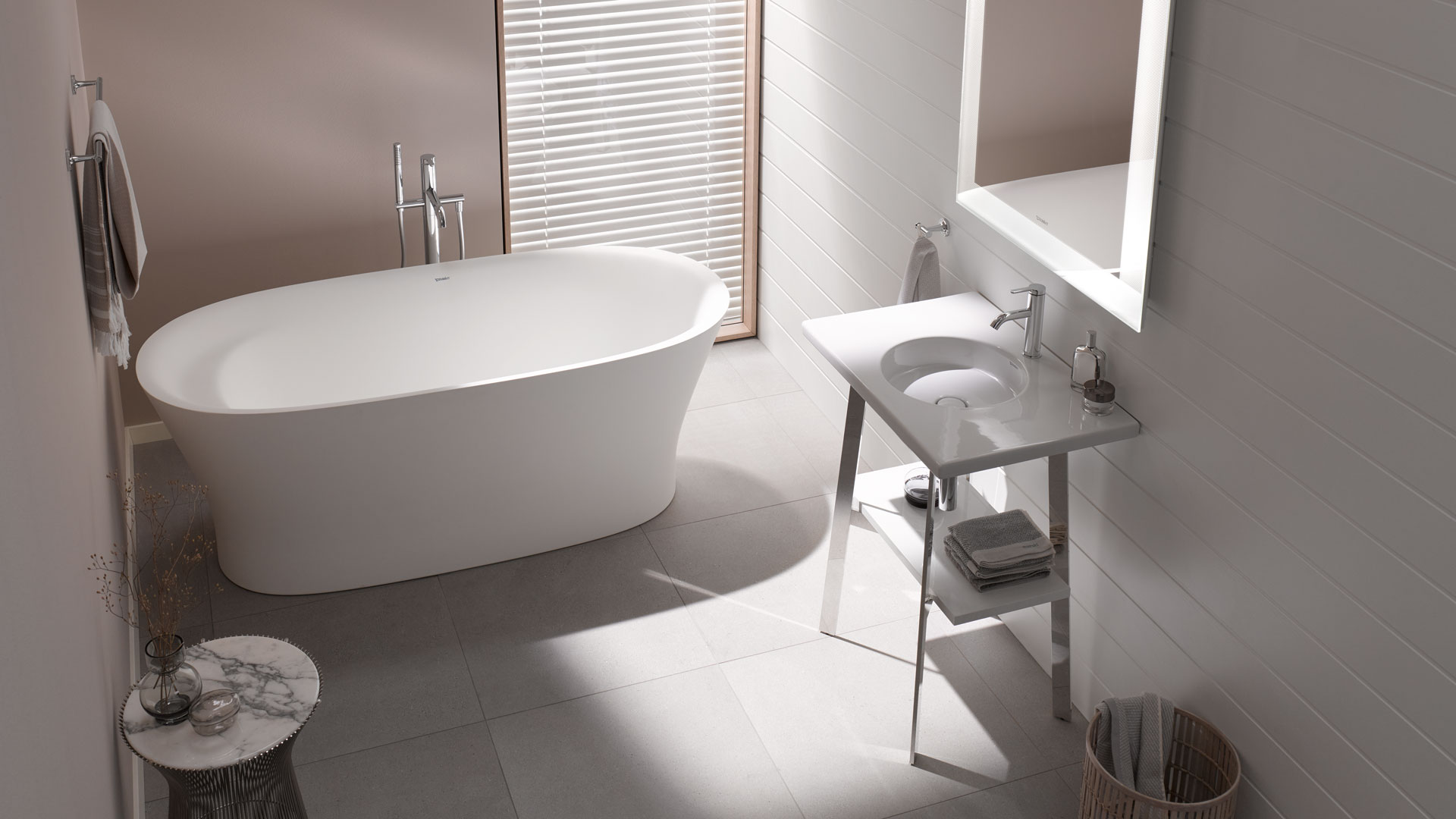
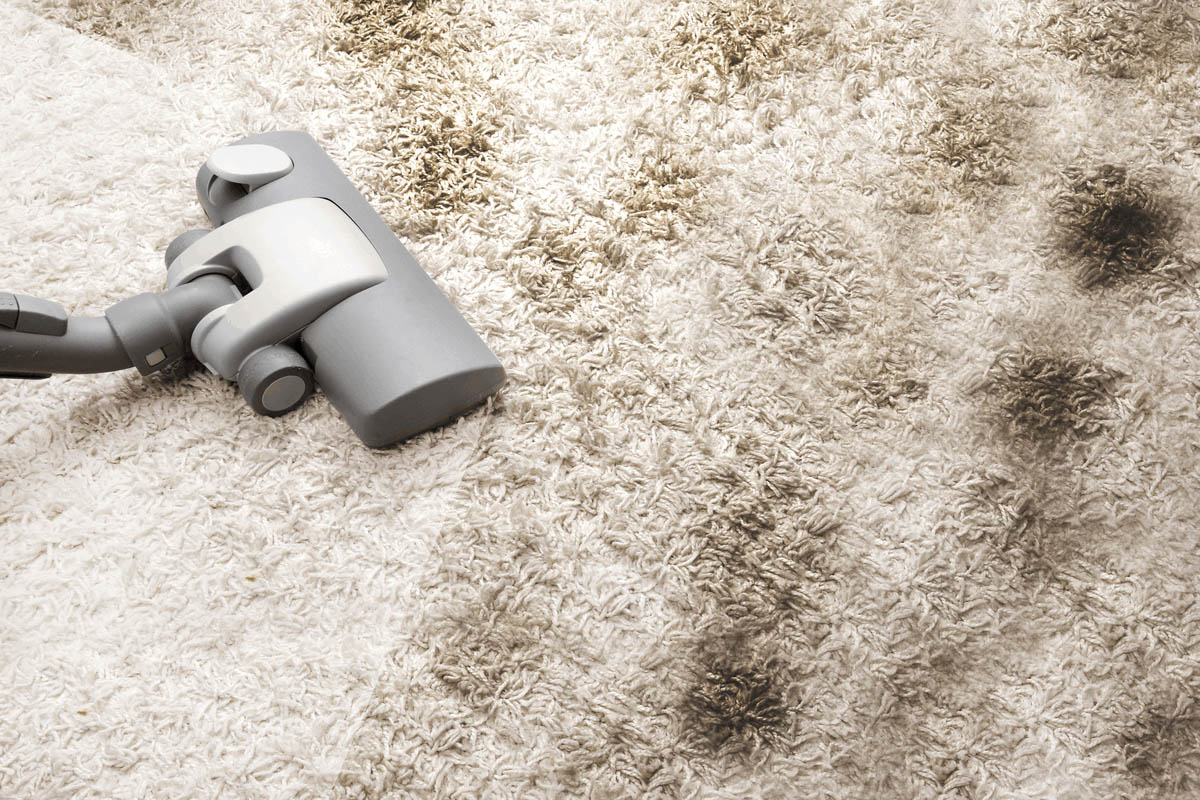

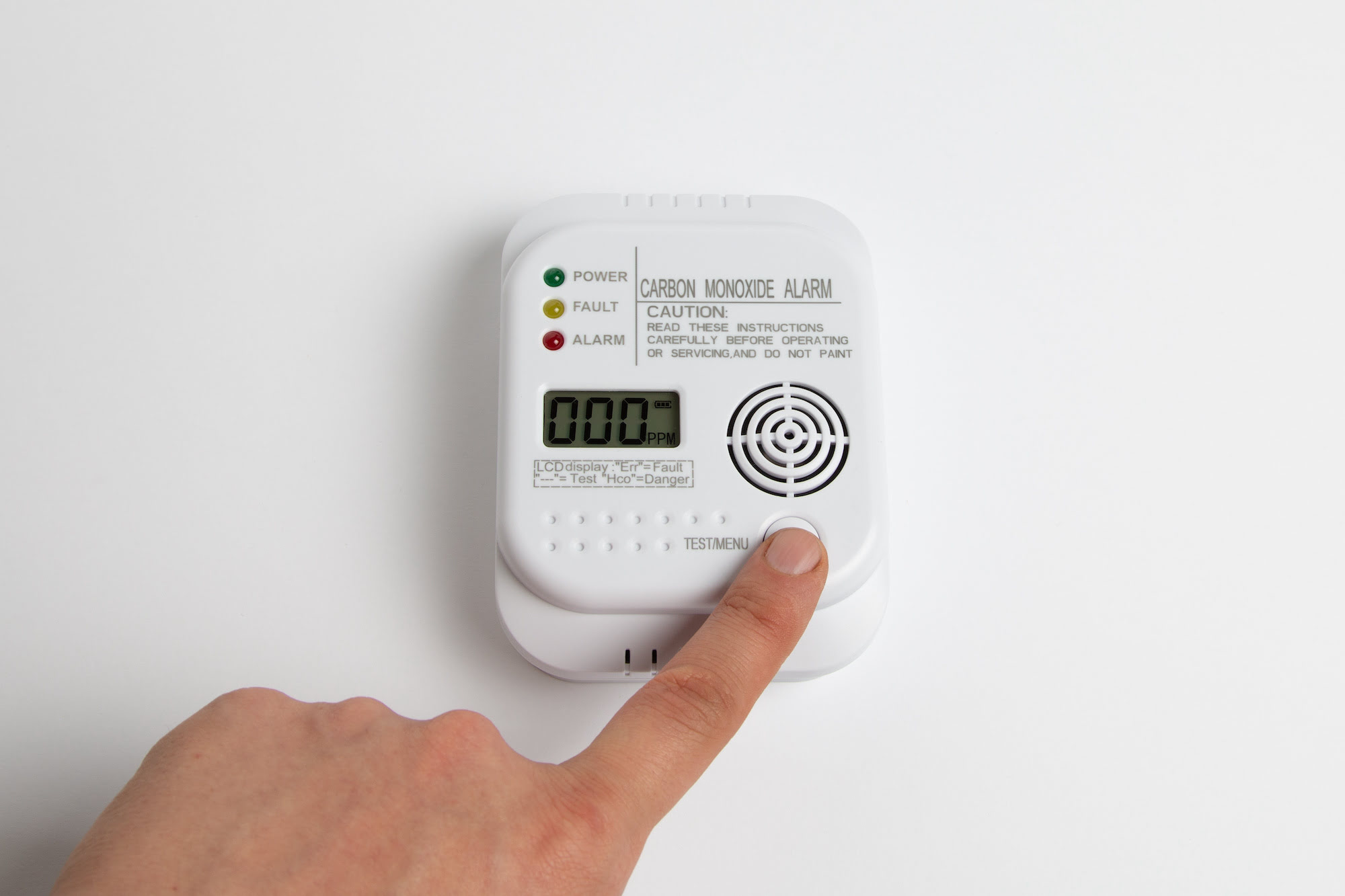

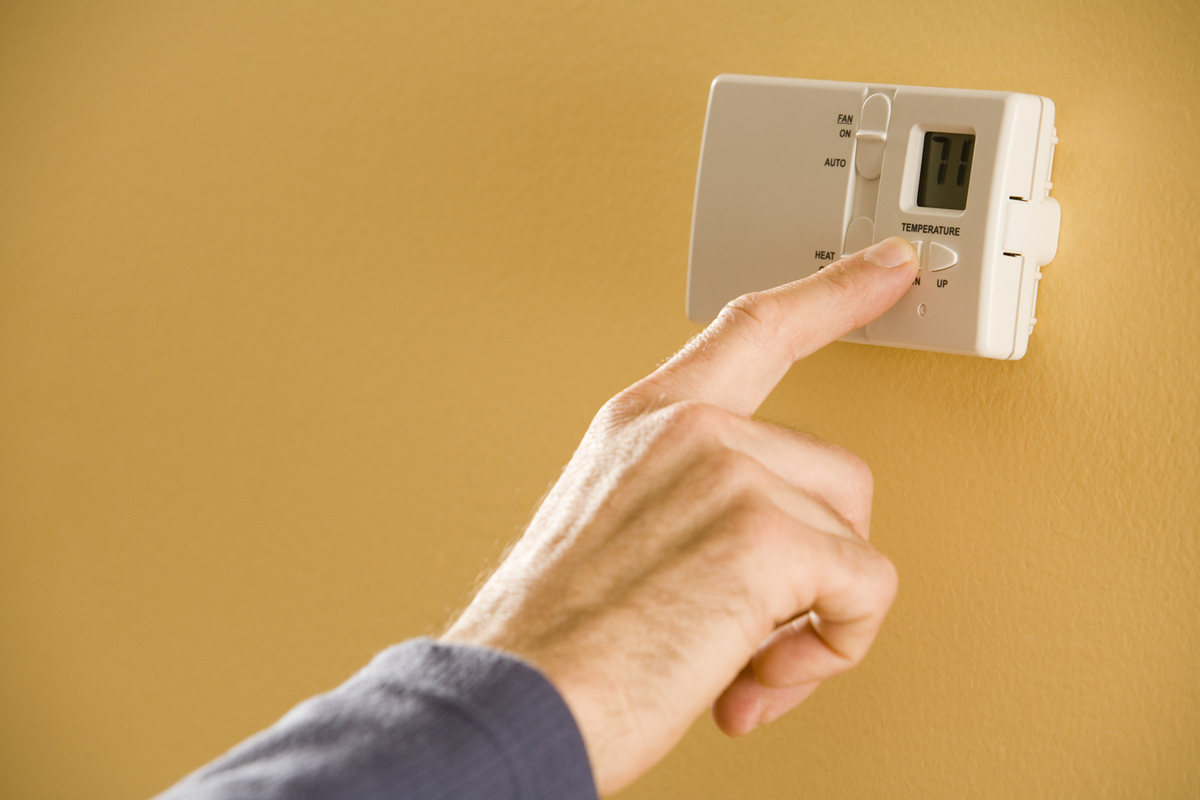

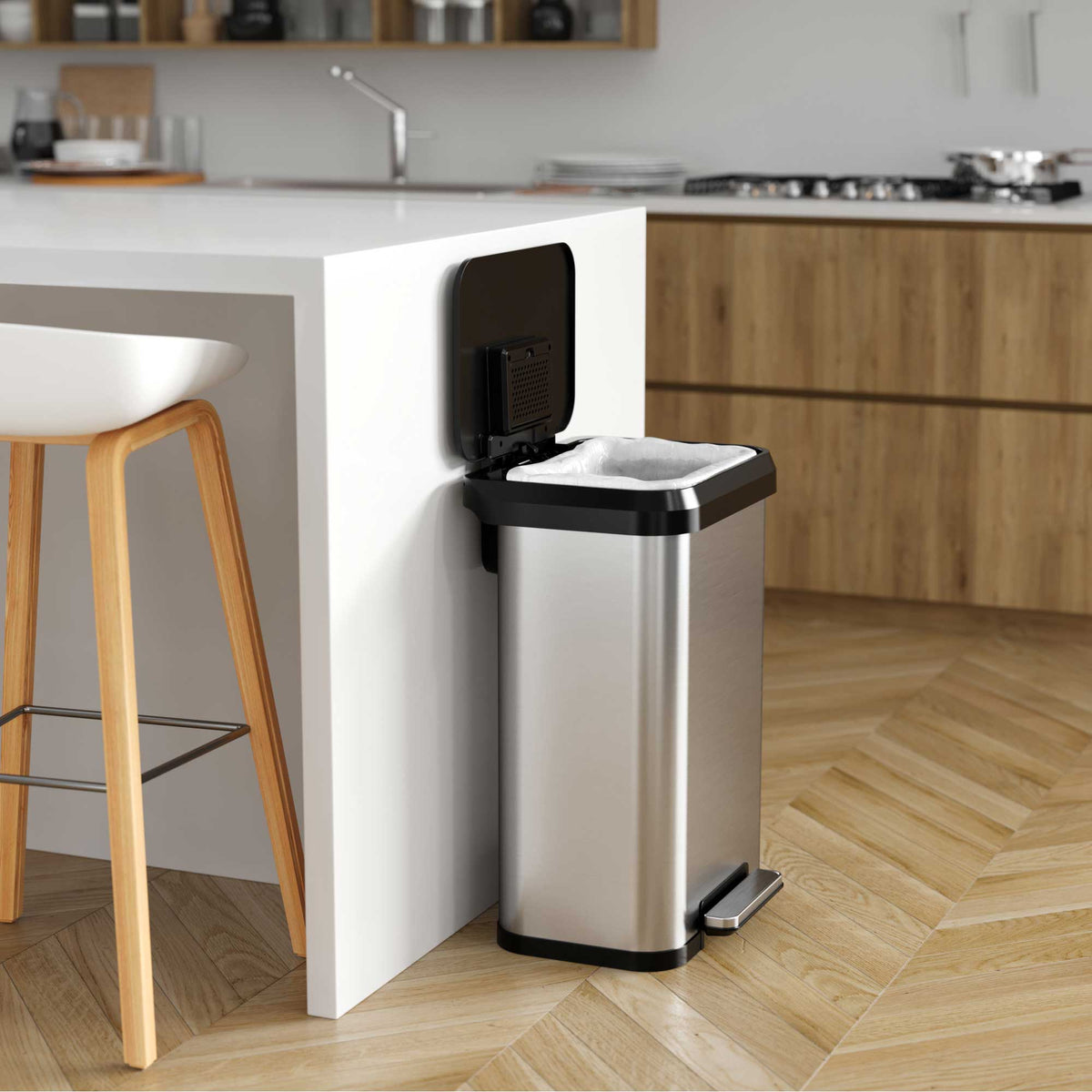

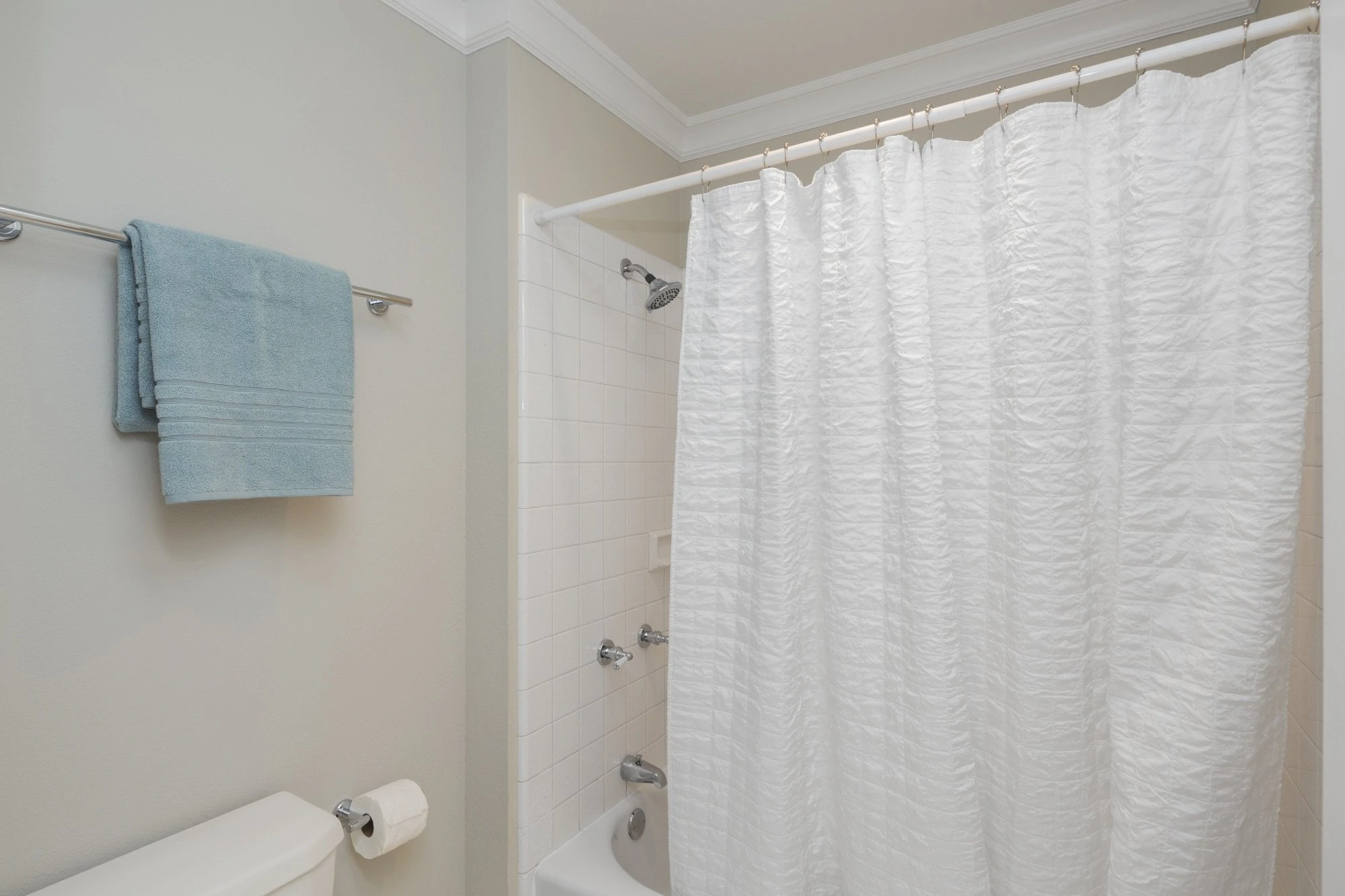

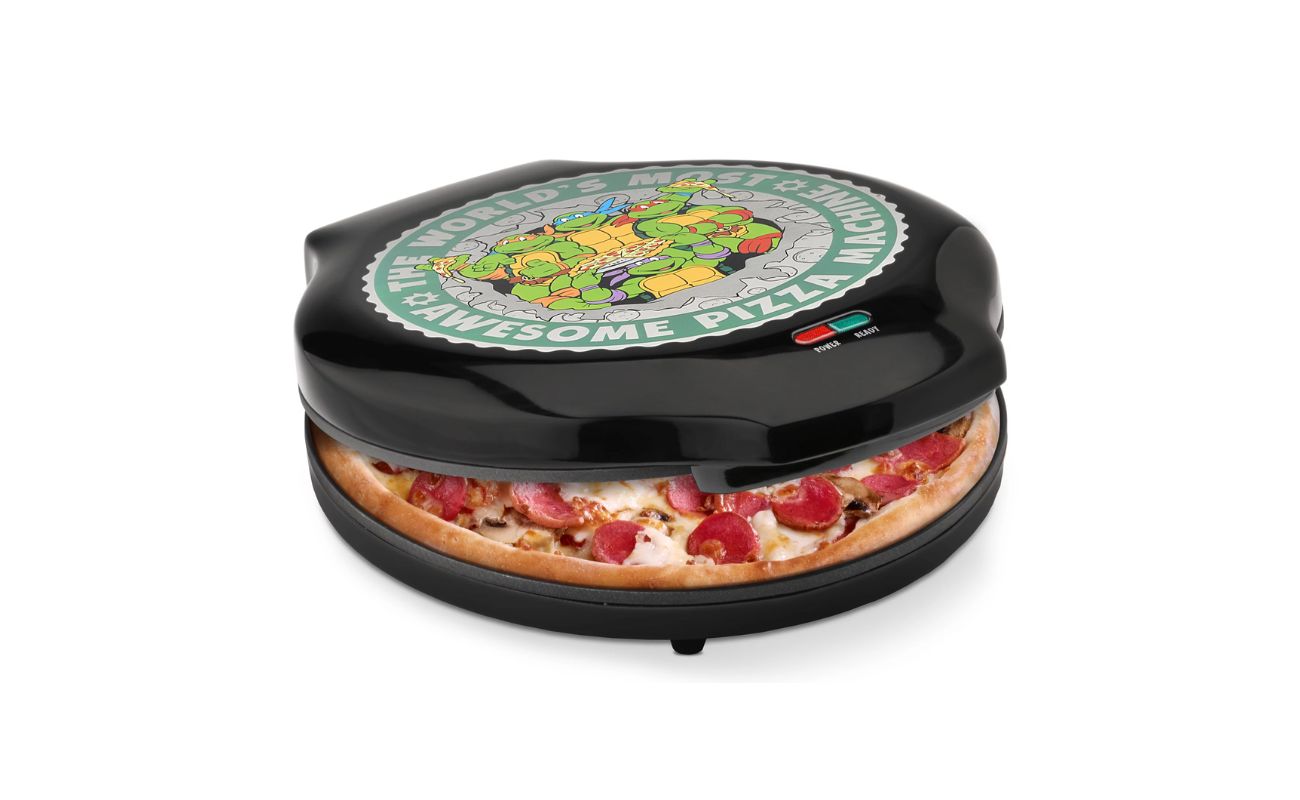

0 thoughts on “Is It Normal For A Teenager To Have A Messy Room?”